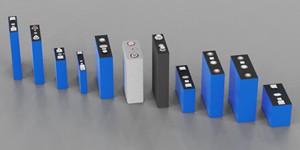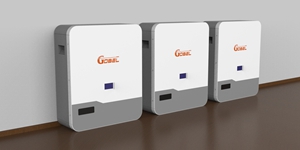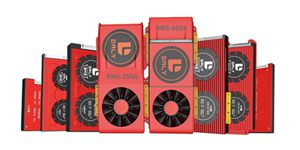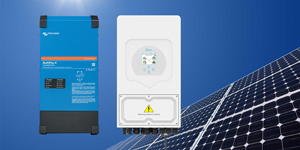BEST INVERTER FOR HOME
Lithium Battery Supplier-
Deye SUN-5K-SG03LP1-EU 5kW Single Phase 2 MPPT Hybrid Inverter for Low Voltage Battery
Ship from China US$1,354.00
-
Gotion 340Ah LiFePO4 Lithium Battery Cell
Ship from China Get Price
-
CATL 3.2V 120Ah LiFePO4 Lithium Battery Cell
Ship from China Get Price
-
CATL 3.2V 271Ah LiFePO4 Lithium Battery Cell
Ship from China Get Price
-
HiGee 3.2V 120Ah LiFePO4 Lithium Battery Cell Supplier
Ship from China Get Price
-
HiStar 3.2V 100Ah LiFePO4 Lithium Battery Cell Distributor
Ship from China Get Price
-
Solution Battery Module -
Solution Battery BMS
The Ultimate Guide to Choosing the Best Inverter for Your Home As the demand for off-grid and sustainable living solutions increases, the need for high-quality inverters has never been more pressing. With the multitude of options available in the market, selecting the best inverter for your home can be a daunting task. However, with the right information and guidance, you can make an informed decision and enjoy a seamless and efficient off-grid experience. What is an Inverter? An inverter is an electrical device that converts direct current (DC) power from solar panels or a battery bank to alternating current (AC) power, which is suitable for household appliances. A high-quality inverter is essential for a reliable and efficient off-grid system, ensuring that you receive clean and stable power for your daily needs. Factors to Consider When Choosing the Best Inverter for Your Home 1. Power Rating: Determine the size of your household appliances and the load you plan to power. This will help you choose an inverter with the right wattage capacity. 2. Efficiency: A high-efficiency inverter ensures maximum power output and minimizes energy loss. 3. Noise Level: If you plan to install the inverter outdoors, look for one with low noise levels to minimize disturbance. 4. Surge Protection: A high-quality inverter should have built-in surge protection to safeguard your appliances from voltage spikes and surges. 5. Warranty and Support: Choose an inverter from a reputable manufacturer with a comprehensive warranty and dedicated customer support. Top Features to Look for in the Best Inverter for Your Home 1. Smart Inverter Technology: Look for inverters with advanced features like remote monitoring and control, making it easier to manage your off-grid system. 2. Grid-Tie Compatibility: If you plan to connect your inverter to the grid, ensure it has grid-tie capabilities for net metering. 3. Battery Charging: Consider an inverter with built-in battery charging capabilities for maximum energy harvesting. 4. Rugged Design: If installing your inverter outdoors, opt for a robust and weather-resistant design to withstand harsh environmental conditions. By considering these factors and features, you can find the best inverter for your home, ensuring a reliable and efficient off-grid experience.
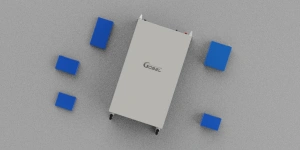
 Europe Warehouse
Europe Warehouse